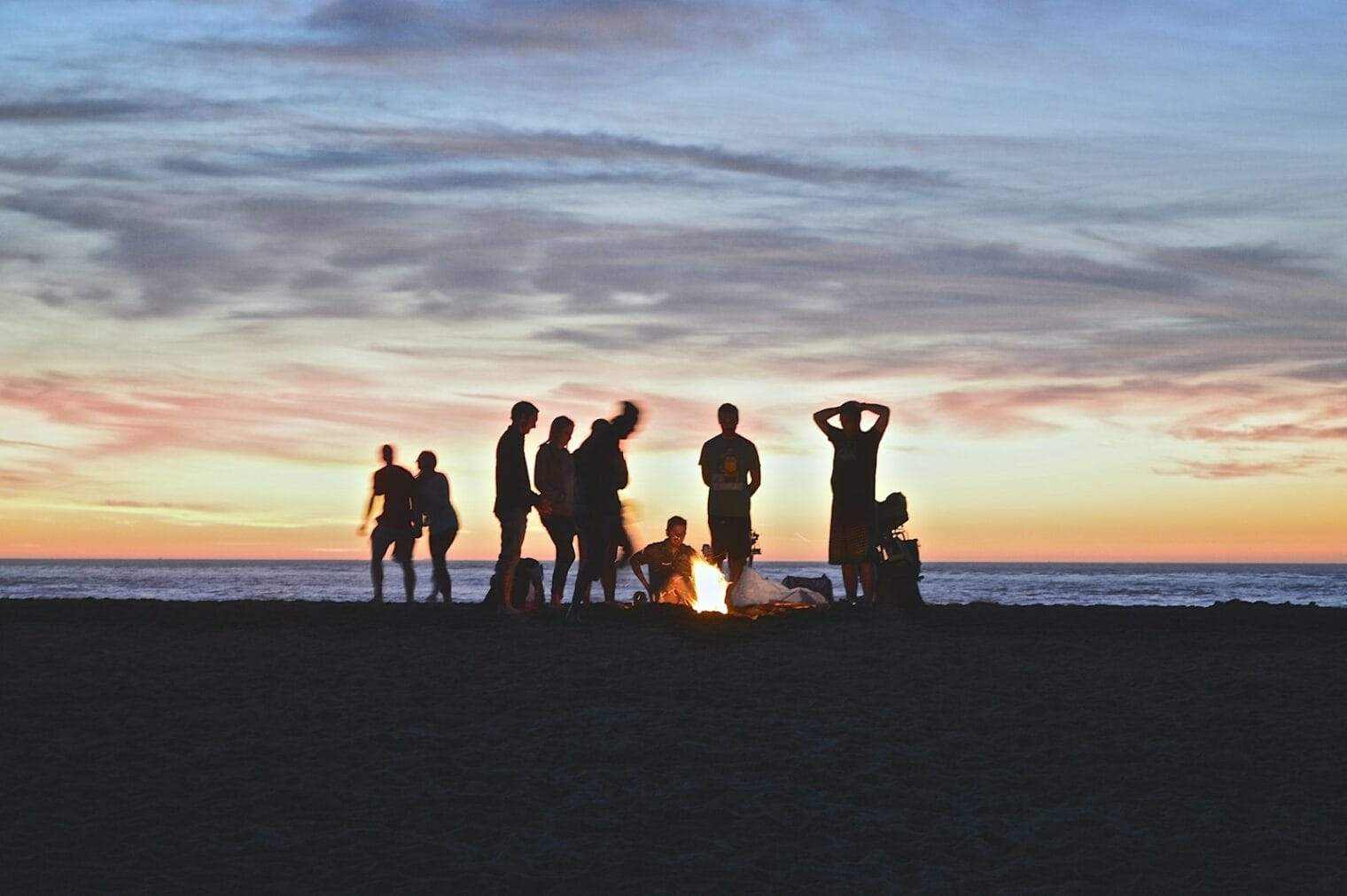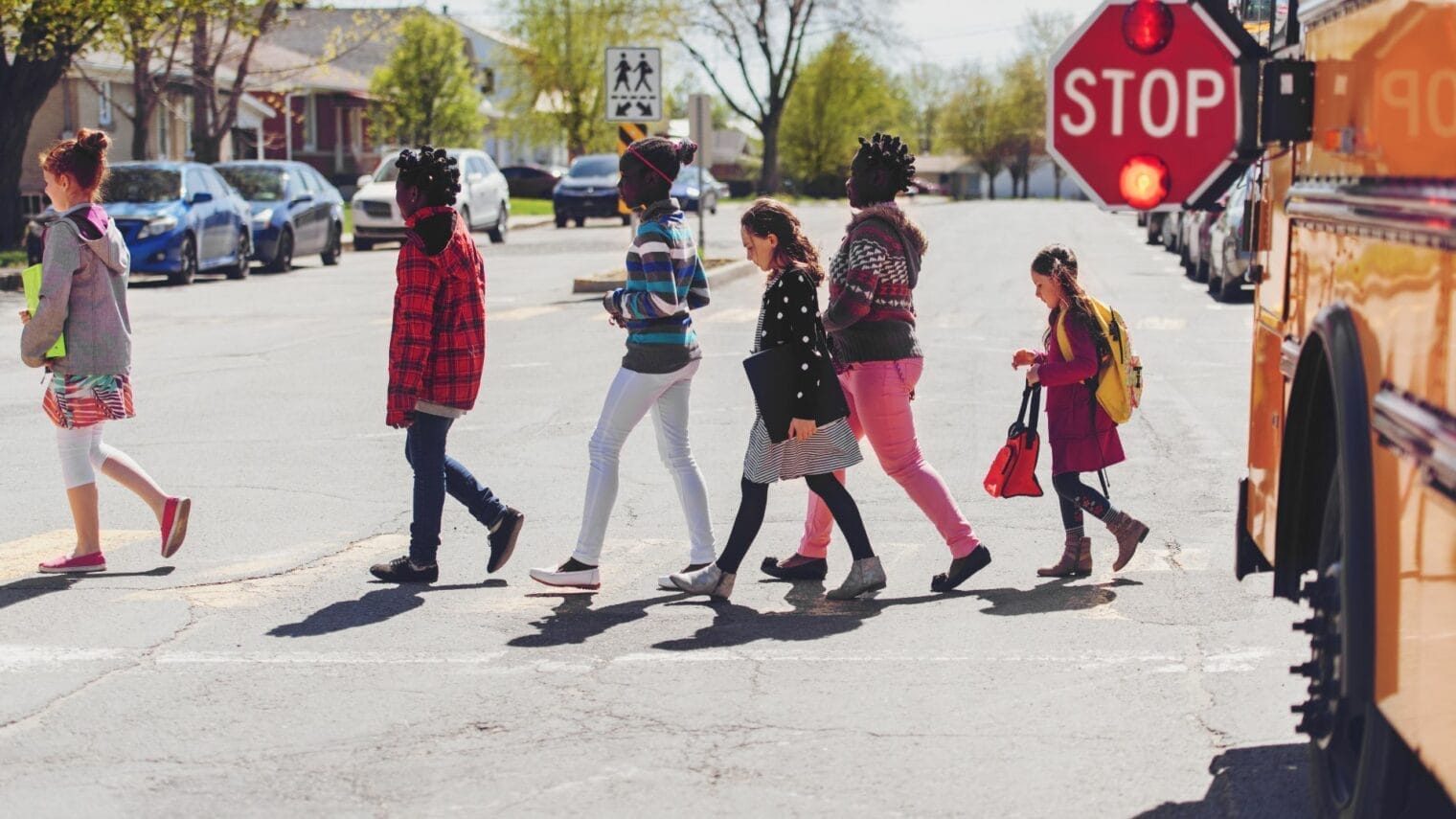Happy Valentines! In this season of love, don’t forget the many different types of love that fill your life–starting with your very first relationship in this world that sets you on a path for the rest of your relationships, romantic or not.
Our first relationship–with our parents–inevitably shapes all other relationships that follow. Parents give children their first experience of love by unconditionally accepting their children, setting up boundaries for safe explorations and supporting them with the physical and emotional security to develop into well-adjusted, functional adults. From infancy to well past their formative years, children repeatedly witness how love is expressed through their parents and surroundings, then learn and see the world through their families’ responses to their needs from infancy to well past their formative years. Family life sets up our expectations and reality of love and relationships.
Without deliberate, intentional effort, we usually grow up to express love the way we’ve experienced it.
Are you doing anything in your relationships that are reminiscent of your parents? Multiple studies show those who experienced neglect as children are 2.6 times more likely to neglect their own children and twice as likely to be physically abusive when they become adults. Without their basic and/or emotional needs met, children flail and their self-esteem, impulse control, social skills, academic performance, and mood stability suffer. They are much more prone to substance abuse. It is difficult and maybe impossible to give something if you’ve never experienced it.
You have to feel the pain so you can appreciate the joys.
So if we’re all products of our childhood, how do we cultivate our relationships to experience love the way we want–rather than shadows of our parents’ expressions. The solution starts with self-awareness. We have all experienced situations when we know we’re not feeling good. Something is bothering us, but we haven’t figured out exactly what the problem is. Self-awareness and emotion identification, skills that lead to emotional regulation, are not inherited skills. Children need their parents to help identify emotions and model appropriate ways to handle them–co-regulation. Because if we just escape from the bad feelings (i.e., with alcohol, excessive shopping, etc.) without identifying them, we’re giving up essential knowledge about ourselves–a user’s manual of what makes you happy and satisfied–your love manual.
When Dad is angry and starts drinking and yelling at the family, that child learns what anger looks like and, unfortunately, how to express anger and what to do when he also becomes angry. It’s behavior therapy 101–children learn from what we do and not what we say. That is not to say that everything your child does is your fault. (Just last week, I received a letter from school about my autistic daughter flipping her teachers off, and I’ve never given anyone the finger in my life.) Our modern world provides too many external influences for kids to model,, from gas station TV ads to ever-present social media. It makes parenting more important and relevant than ever.
Co-regulation is a powerful tool for parents to help their children build their emotional regulation and an arsenal of healthy coping skills by helping kids identify what they’re feeling, then showing and modeling good ways to deal with those feelings. The “co” of co-regulation is vital for it to be effective. For co-regulation to work, you need to start at the child’s level, acknowledging what they are experiencing. It works with toddlers, teenagers and even young adults. Put co-regulation into practice this week. I’ll bet it works for all your relationships.
Back to my daughter, one of the many things I did in response was to allow her side of the story of events that upset her and showed her good ways and actionable steps to take in this overwhelming situation. She’s a teenager now, and as a parent, I’m facing competition from Youtubers, her friends and everything else that vie for her attention. I won’t be able to close her up in a bubble, controlling every input, but I have one secret weapon up my sleeve–I offer unconditional acceptance and support for who she is–a safe harbor that she will always need for all her life’s adventures.
So on Valentine’s, I talk about co-regulation because it is the beginning of better relationships, loving parents, and better partners for all of us. Examine your relationship with love to feel more loved.




Leave a Reply